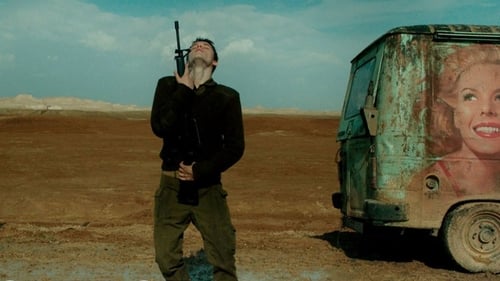
Editor
A troubled family must face facts when tragedy strikes their son's desolate military post.

Editor
David is discharged from the army after serving for 27 years. He returns to his home and family after being distanced from them for years, and tries to find himself in his new civilian life. He believes that, like his friends who retired from the military before him, he too will find his way in some managerial position in the private sector, but he has difficulties adapting to the pace of the “new Israel”, a competitive culture obsessed with success and money.

Editor
The director embarks on a journey to reveal the story behind the legendary Café Nagler, owned by her family during the 1920s in Berlin, and finds that historical truths can be overrated.

Editor
Twelve-year-old Mussa won't speak and no one knows why. He is an African refugee living in Tel Aviv, and for the past five years he's been bussed from his troubled neighborhood to an upscale private school. Moussa's Israeli classmates are his best friends, but he chooses to communicate with them only through gestures.

Editor
Haifa on a sunny day. Moshe is a crumbling man walking up the Carmel Mountain on yet another work day. Will this day mark his collapse? Uri walks down the mountain to board a ship and leave behind all the things he loves and despises. His sense of belonging is losing ground. He is likely to miss his military reserve service-call, thus risking jail. Will the two collide or pass through one another? An existential comedy, where the overbearing mountain with its endless stairs takes control over destinies in this unique panorama of the Mediterranean port city.
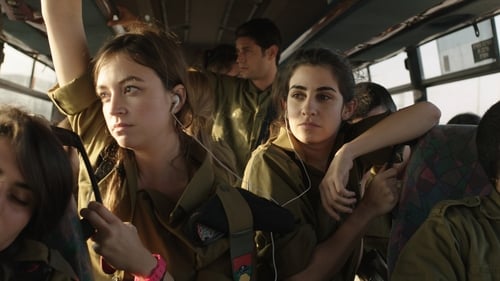
Editor
Filmmaker Talya Lavie steps into the spotlight with a dark comedy about everyday life for a unit of young female Israeli soldiers. The human resources office at a remote desert base serves as the setting for this cast of characters, who bide their time pushing paper, battling for the top score in Minesweeper, and counting down the minutes until they can return to civilian life. Amidst their boredom and clashing personalities, issues of commitment—from friendship to love and country—are handled with humor and sharp-edged wit.
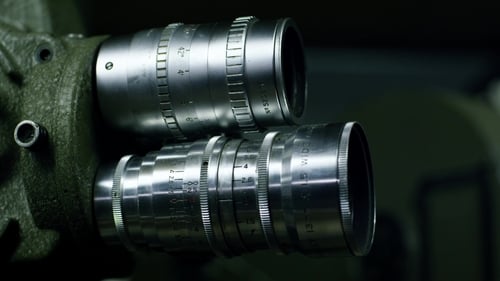
Editor
When Allied forces liberated the Nazi concentration camps in 1944-45, their terrible discoveries were recorded by army and newsreel cameramen, revealing for the first time the full horror of what had happened. Making use of British, Soviet and American footage, the Ministry of Information’s Sidney Bernstein (later founder of Granada Television) aimed to create a documentary that would provide lasting, undeniable evidence of the Nazis’ unspeakable crimes. He commissioned a wealth of British talent, including editor Stewart McAllister, writer and future cabinet minister Richard Crossman – and, as treatment advisor, his friend Alfred Hitchcock. Yet, despite initial support from the British and US Governments, the film was shelved, and only now, 70 years on, has it been restored and completed by Imperial War Museums under its original title "German Concentration Camps Factual Survey".

Editor
Gili is a teenager who decides to change schools. She is determined to improve her lame social status. Over the course of a few weeks she hooks up with several different boys, all from her new school. Their encounters get more and more sexual, each time exploring their limits a little further. The boys are eager to take what is so generously offered, and Gili is thrilled with the attention. Just as Gili is trapped in the zone where it's not certain if she is giving her consent to what is happening or not, the viewer too feels trapped in the same zone, feeling for certain that something terrible is happening, but unable to pin point exactly when, and what...
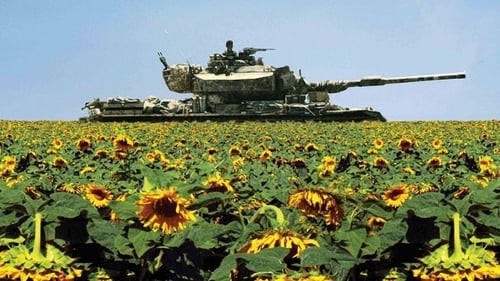
Editor
During the First Lebanon War in 1982, a lone tank and a paratroopers platoon are dispatched to search a hostile town.
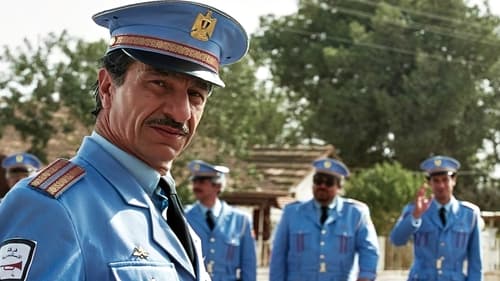
Editor
A small Egyptian police band travels to Israel to play at the inaugural ceremony of an Arab arts center, only to find themselves stuck in the wrong town.

A comic and episodic satire, the film uses improvisation to illustrate the clash between fantasy and reality in real life. Although conceived in the style of Mekas’ “Hallelujah the hills” (1962), it’s an authentically Israeli satire, an openly rebellious and individualistic expression that poked fun at the sacred myths of earlier zionist films. The technique of film within the film is used to portray cinema as reflection of the imagination, a miracle based on dreams and fantasies that take on concrete characteristics – parallel to the miracle of Israel, the dream that has become reality. Although not a commercial success, its importance is beyond any measure, though it remains a unique experiment, boldly uncommercial and subversive, out of any context in that patriotic, ideological epoch.









